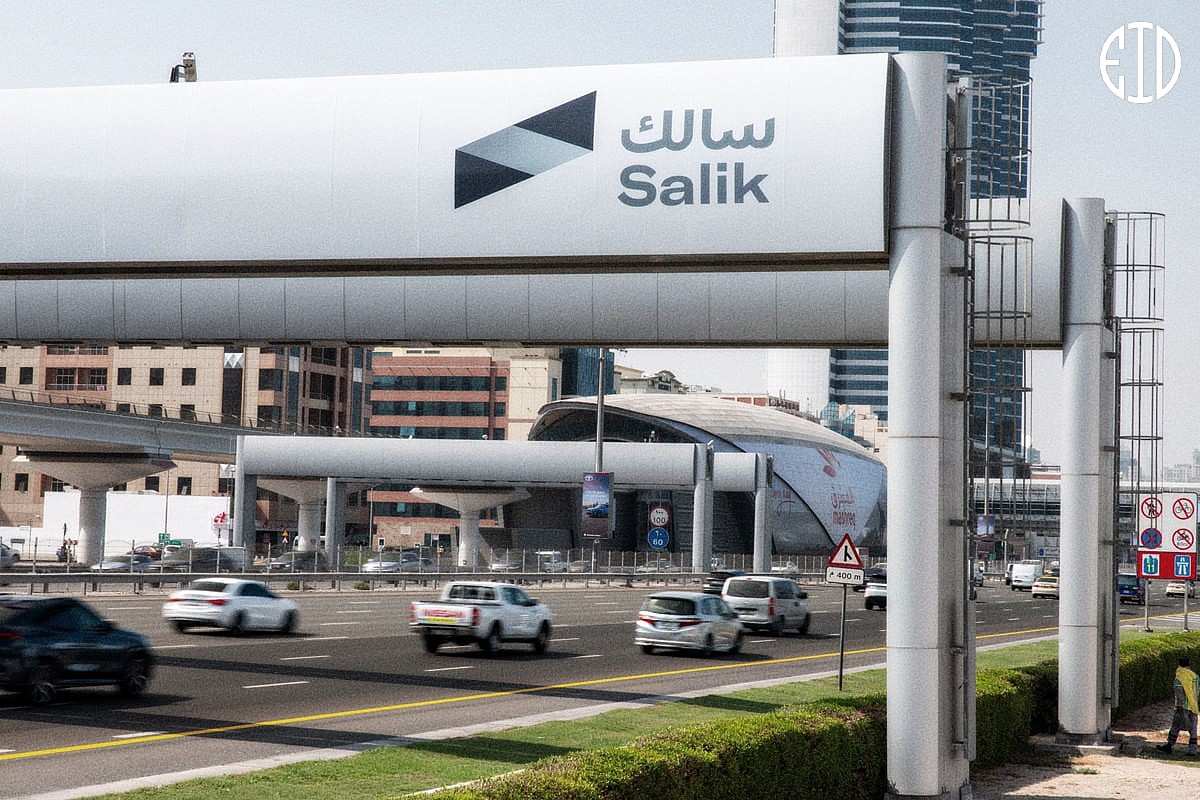Introduction
Dubai’s healthcare system continues to grow rapidly, standing out as one of the most advanced in the region. With world-class public and private facilities, it serves a diverse population—especially the large expatriate community. Whether you’re moving to Dubai or just want to understand how the system works, here’s a friendly guide to get you started.
Healthcare Structure
Who Regulates It?
The Dubai Health Authority (DHA) manages the healthcare system, ensuring both public and private providers meet international standards. The Ministry of Health and Prevention (MOHAP) also plays a role, especially in federal policy and licensing.
In 2024, DHA enhanced its digital health infrastructure, connecting more hospitals and clinics through the Nabidh system, which lets doctors access patient records securely across facilities.
Public vs. Private Healthcare
Public Healthcare
Public hospitals offer high-quality services, primarily for Emirati citizens. Expatriates can also use them, but fees may be higher unless covered by insurance. These facilities include government-run hospitals like Rashid Hospital and Latifa Hospital.
Private Healthcare
Private hospitals and clinics are often the first choice for expats. They are known for fast service, English-speaking staff, and a wide range of specialists. Facilities like Mediclinic City Hospital, American Hospital Dubai, and Saudi German Hospital continue to lead the sector.
Health Insurance in Dubai
It’s Mandatory
All residents in Dubai must have health insurance. Before obtaining a residence visa, proof of coverage is required. Employers typically provide insurance, but it’s important to confirm what your policy covers.
As of 2025, the DHA has stepped up enforcement on mandatory insurance, especially for domestic workers and lower-income employees. Employers now face stricter penalties for non-compliance.
What Does Insurance Cover?
Most standard plans include:
-
Doctor visits
-
Emergency treatment
-
Hospital stays
-
Maternity care
-
Preventive services
Optional extras like dental, optical, and mental health may require a more comprehensive plan.
Updated Insurance Costs
Here’s what to expect in 2025:
| Plan Type | Estimated Annual Cost | Key Features |
|---|---|---|
| Basic | AED 2,000–5,000 | Covers general outpatient and emergency care |
| Intermediate | AED 5,000–10,000 | Adds maternity, specialist visits |
| Comprehensive | AED 10,000–20,000+ | Includes elective procedures and global cover |
| Average for Individuals | Around AED 6,000 | |
| Average for Families | AED 20,000+ |











